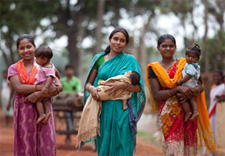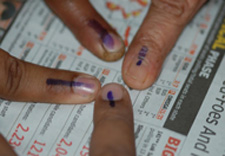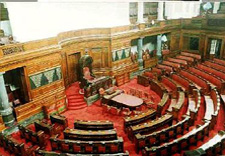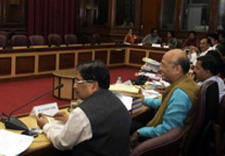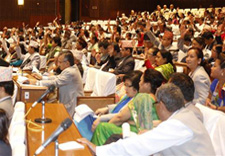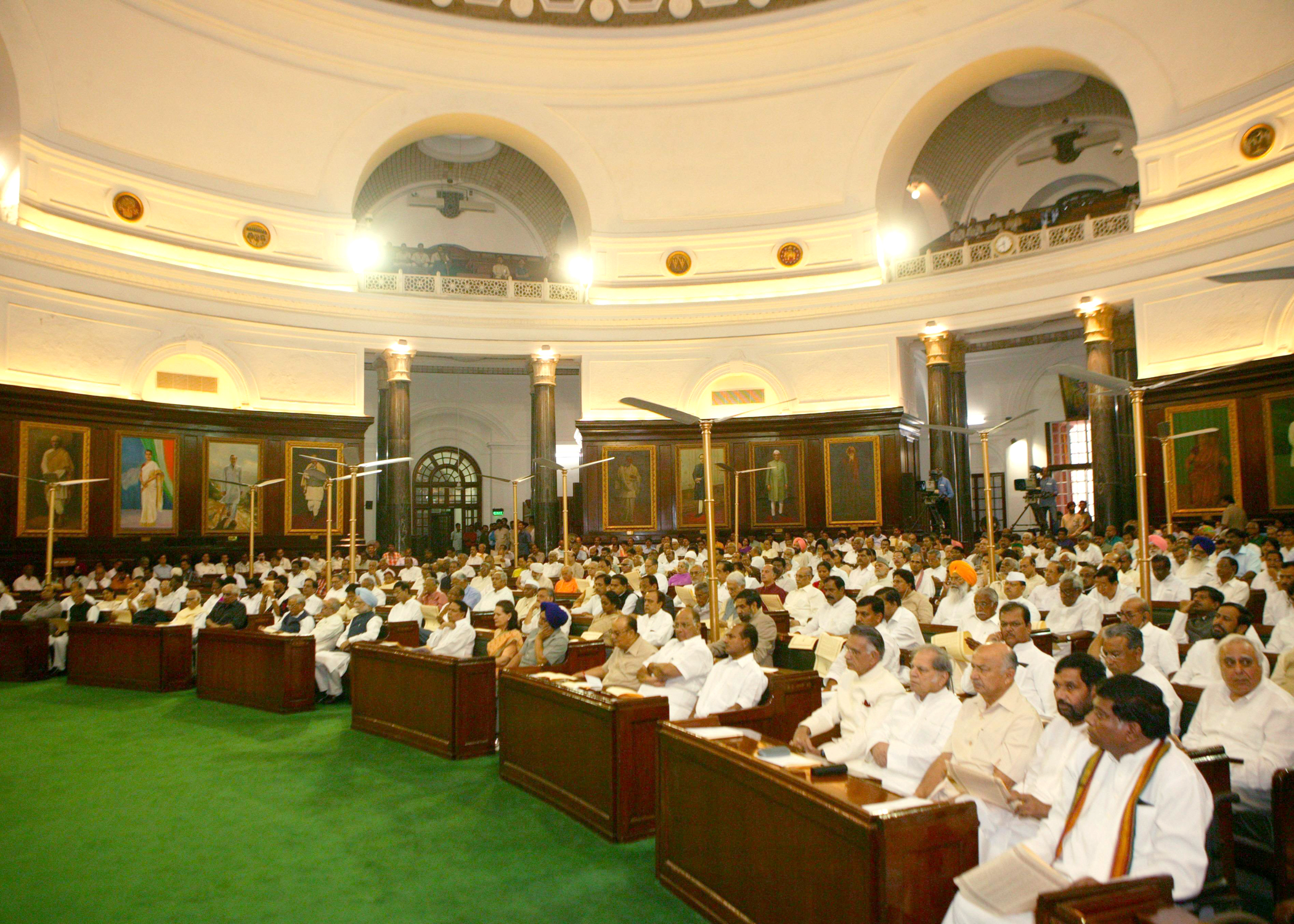Amendments: Growing Concerns of misuse?
On the 13th of May 2015, the Union Cabinet approved a set of amendments to the Child Labour (Prohibition & Regulation) Amendment Bill, 2012. But when the amendment bill was introduced in Parliament, it was recommended that the same be referred to a Select Committee for further discussion and reconsideration.
This is because while reviewing the proposed amendments, it was observed that while the employment of children below 14 years of age is to be prohibited in all occupations and processes, there exists a proviso in the amendment bill which states that an exception can be made ‘where the child helps his family or family enterprises, which is other than any hazardous occupations or processes set forth in the Schedule, after his school hours or during vacation.’ Proviso was inserted without taking into consideration the fact that though free and compulsory education is a right guaranteed to children of the 6-14 year age group, there has only been an increase in enrolment rates and no significant change in the attendance and retention rates, which is still at a less than satisfactory level. This is a challenge that is yet to be overcome. In a situation when children feel compelled to work to support their families, there is a greater likelihood of them dropping out of school, depriving them of their right to education.
Given the broad definition of family in India, this proviso will open up possibilities of exploitation and trafficking of children under the exception of ‘family’. The Parliamentary Standing Committee that has examined this bill has made the same point. A child ‘helping in the family enterprise after school hours’ may not get the opportunity and time for homework, extra-curricular activities, leisure and play, thus denying the child an opportunity for wholesome mental, emotional and physical development.
Further the amendment does not take into account the provisions mentioned in the National Policy for Children, 2013, which states that ‘the state shall protect all children from all forms of violence and abuse, harm, neglect, stigma, discrimination, deprivation, exploitation including economic exploitation.’ The State also commits to taking special protection measures to secure their rights and entitlements as mentioned in the policy, including those of children in situations of labour.
Also, the definition of ‘child’ needs to be consistent with the CRC and the National Policy for Children 2013, which defines a child as a ‘human below the age of 18 years’ and adolescents in this Act should not be considered as a separate category. Instead the law must have a uniform definition of children, ideally for all laws involving children, which may be divided into two groups for its application (e.g. age group 6-14 years and 15-17 years).
The amendment has also proposed the revision of the list of hazardous industries into three sectors. The existing list as per the Act of 1986 is comprehensive (it includes 16 occupations and 65 processes) and it is recommended that this list of hazardous occupations should be retained unchanged rather than restricting the list to the revised three sectors, which, for example, do not include engagement of children for paid domestic work. It is also suggested that the law must allow for additions to this list as new forms of work and occupations evolve, where children are employed, for example, to work with toxic waste materials.
UNICEF recommends that the proposed proviso should be removed in light of the fact that many children today are engaged in home-based work. This work is often done under very poor conditions, which lead to their health and development being affected, and sometimes putting their very protection and survival into question. Allowing children to work after school hours will only add to the burden of the child. It will also prove to be difficult to monitor what work is being done legitimately, and what work is being done under the guise of legitimacy, for the loopholes present in the proposed amendment are bound to be exploited.
(This article was originally published in the PGC Newsletter, Winter Session Issue: Nov-Dec 2015)
Vandhana Kandhari
Child Protection Specialist, UNICEF India


 13 March 2016
13 March 2016  0 Comments
0 Comments Updated News
Updated News